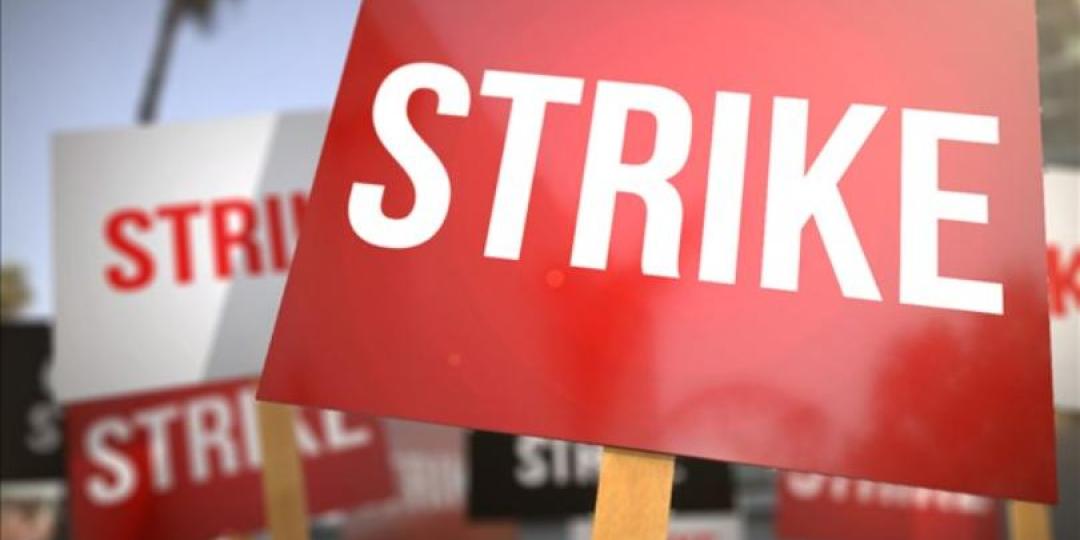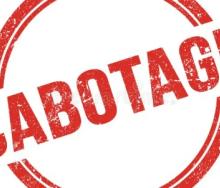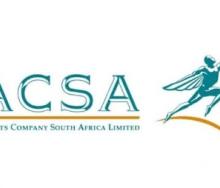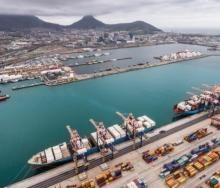Eskom warned yesterday that it would be pursuing disciplinary action against employees who participated in the second round of unlawful protest action which resulted in rotational loadshedding.
This after labour unions, the National Union of Mineworkers (NUM) and the National Union of Metalworkers of South Africa (Numsa), stalled wage agreements by adding an absolute precondition for signing the agreement – that any employee who engaged in the unprotected strike action be exempt from disciplinary action – moments after an agreement had been reached between all parties.
Wage agreements first began to break down between labour and the power parastatal in June this year, leading to unprotected strike action which included acts of sabotage and destruction of property.
However, in order to mitigate the negative impacts of the strike on the national power grid, Eskom agreed to not discipline any employees involved in the action as long as the industrial action was ended and all parties came back to the negotiating table.
According to Eskom, NUM and Numsa members agreed to this but subsequently entered into a second round of unprotected mass action for five days against the June agreement and a standing Labour Court interdict.
“This second round of unlawful industrial action placed the entire power grid system at risk and again enforced loadshedding alerts and necessitated gas-fired turbines to be initiated at great expense,” read a statement by the state entity.
“From the point of view of the company, the unions gave up any once-off right to be protected from the no disciplinary action when they re-engaged in a second round of unlawful industrial action in defiance of all labour law, and in defiance of a standing court interdict, and in defiance of the ministerial-brokered understandings of orderly and peaceful collective bargaining processes.”
Eskom has advised the unions to sign the agreed-upon wage agreement to avoid “further prejudicing Eskom employees awaiting their salary adjustments”.
The energy company pointed out that the labour unions were able to represent their members individually in internal disciplinary hearings and if they regarded the proceedings as unfair, were able to refer matters to the Commission for Conciliation, Mediation and Arbitration for a final determination.
With regard to employees who engaged in criminal acts such as destruction of property and/or sabotage, Eskom has stated that they remain outside of the company’s jurisdiction and would be referred to the South African Police Service.













